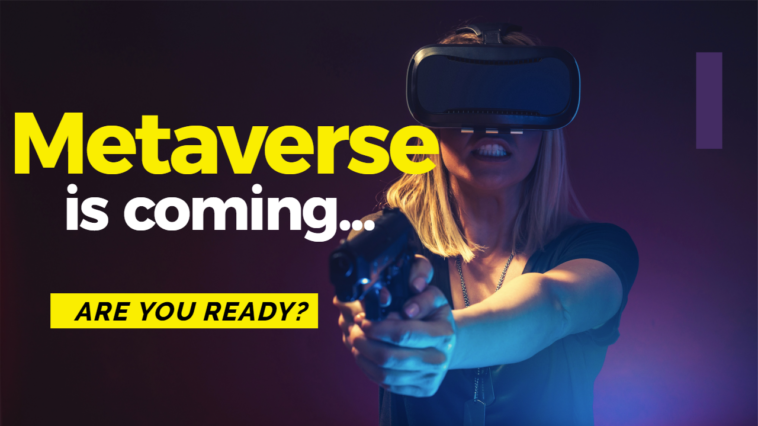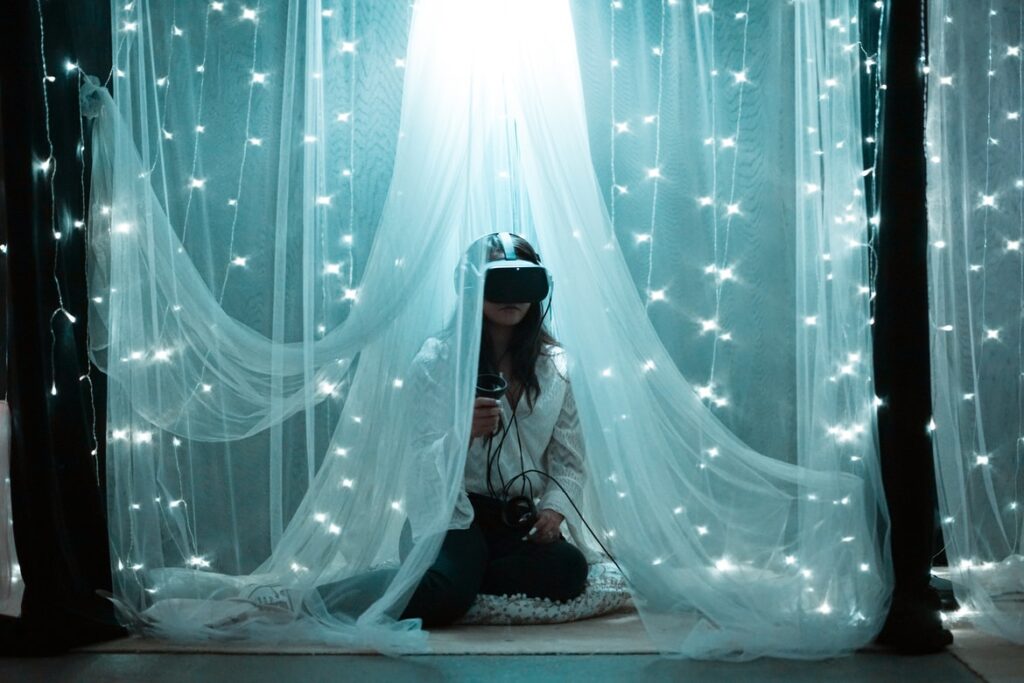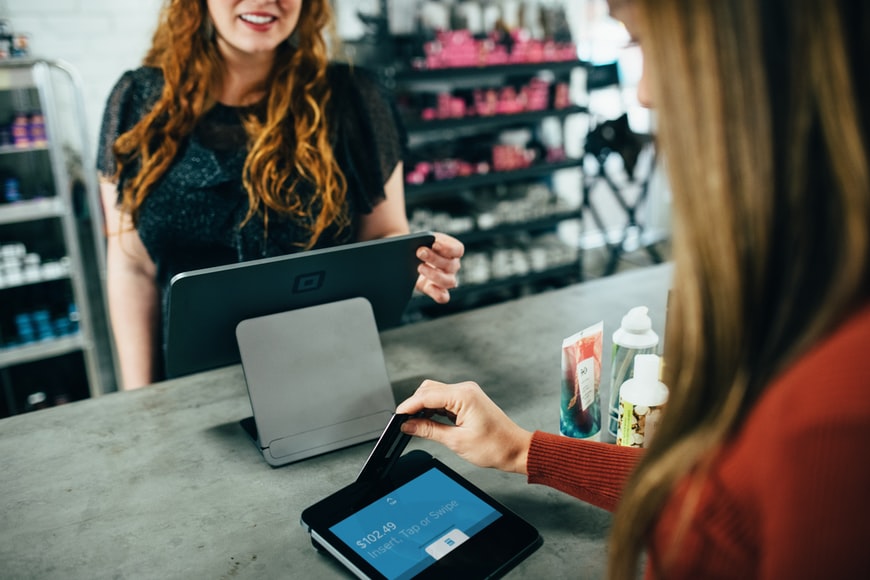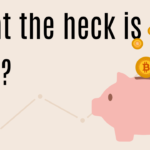In the Dystopian thriller Ready Player One, the metaverse is seen as an escape from reality. Hollywood has been known to exaggerate and play to the fears and imagination of its viewers, but what could the metaverse actually look like for us? We scoured the web for interviews and anecdotes from those at the forefront of building our new universe for answers.
#1 The way we work
During the Covid-19 pandemic, the number of remote workers increased exponentially. For the first time in American history, businesses had to either adapt their corporate structure and allow employees to work from home or shut down. Ever since the pandemic, companies like Facebook have allowed employees to continue working remotely.
In the future, work could be in the metaverse itself or in what is known as 'augmented reality' in which the metaverse is an overlay for the real world.
What this means is that you could be at your desk and see your coworkers through the holographic lens provided by your VR device.
What type of jobs would exist in the Metaverse? Well, clothing stores for one. Turns out that it doesn't matter if it's 'real' or not, people are definitely willing to fork over the extra money when it comes to self-expression!
#2 Dating
Online dating exploded with the advent of web 2.0. As Facebook has proliferated into poorer regions around the world and in more rural areas, many have taken to the social media platform to find an ideal partner.
Although the metaverse is probably only going to initially be accessible to those with capital to spare, as the technology catches on and spreads globally we could see an increased interest in remote dating.
One of the current qualms of a remote relationship is the inability to do activities and interact in the same way with that person. The metaverse will bring us closer together from the furthest parts of the world, allowing for a more genuine connection that Facebook video calling just couldn't itch.
#3 The Way We Shop
Web 2.0 changed the way we shop online with the advent of Amazon. Since then, retailers such as Best Buy have opted to turn the in-person shopping into an 'experience' in which people can sit in the leather seats, hear the bluetooth speakers in person, and get a more personalized hands-on feeling.
This is one area that online retail just couldn't master. In the metaverse, you'll be able to try on virtual clothing and experience things in a 3D scale that just isn't possible otherwise.
As if big-box retailers weren't having enough a problem...some brands have actually caught on such as Nike. Nike was one of the earliest clothing companies to patent themselves in the metaverse.
I wonder, does that also mean the metaverse is going to have copyright laws?
#4 The assets we own
Decentraland surprised the world when they launched their ICO in 2017. Virtual land parcels were up for sale in what Decentraland was claiming would be the beginnings of the metaverse.
At first, land was cheap, going for mere hundreds of dollars. Nowadays, a parcel of land could run into the millions!
While some people think it's absurd(any company can create and sell virtual land, it's not finite unlike actual land), it didn't stop whales from snatching up land parcels and pushing the price of MANA from less than a penny to over $4 in 2021. (MANA can be burned, or spent, in exchange for LAND parcels inside the Decentraland ecosystem - it also traded on exchanges like a typical cryptocurrency.
And virtual land is just the beginning. Clothing, art, and other 'NFT' collectibles are selling for eye-popping amounts. The now-famous blockchain artist Beeple sold his collection for a whopping $69,000,000.
What's the deal with NFT's? Well, proponents of the metaverse claim that once the infrastructure of the metaverse in developed, owning NFT's gives you the unique right to equip these items to show off to your friends.
It's the same reason why people spend so much money on Rolexes or Gucci bags. I guess even in the metaverse, status matters!












Comments
Loading…